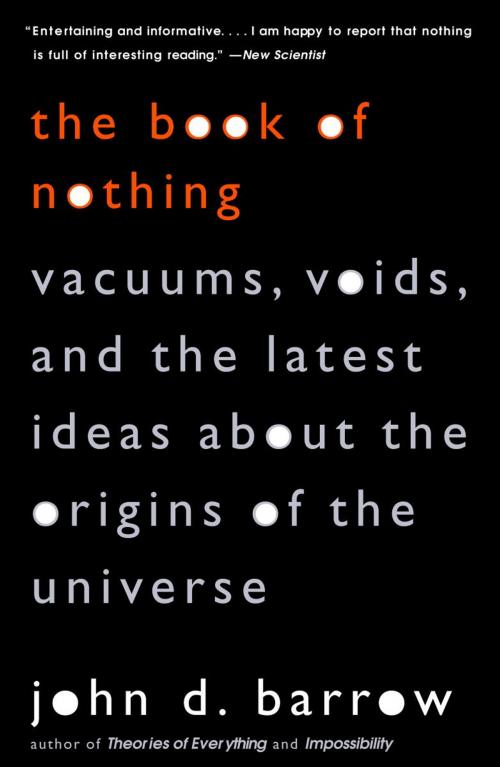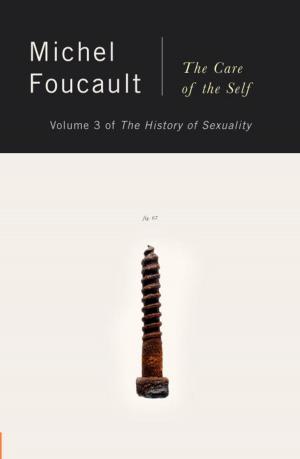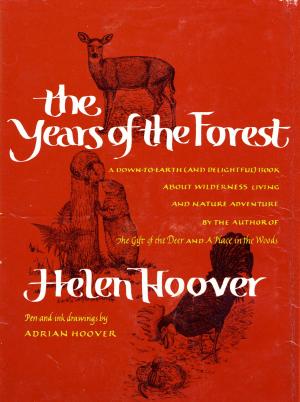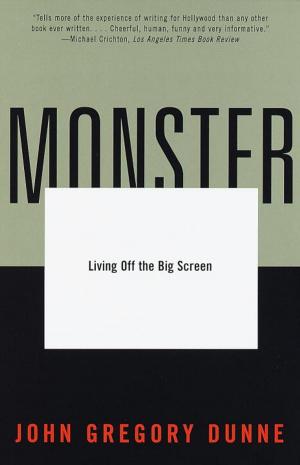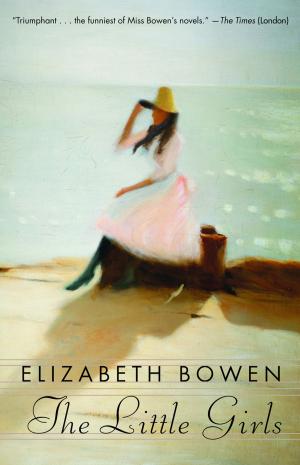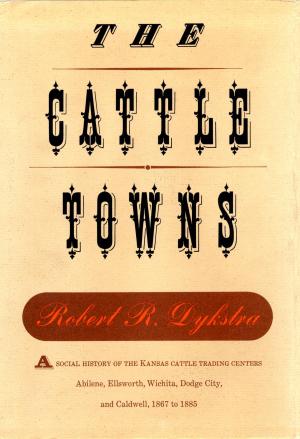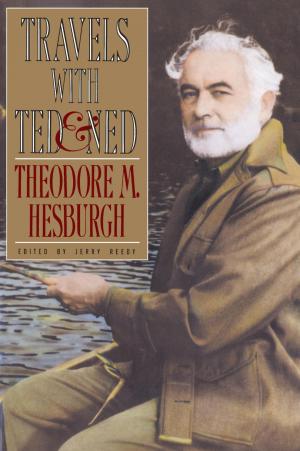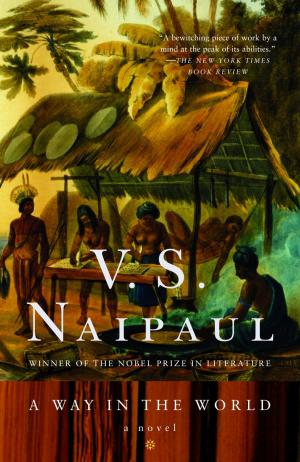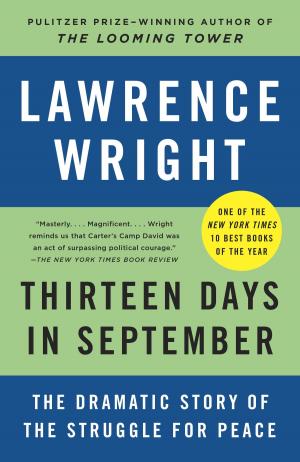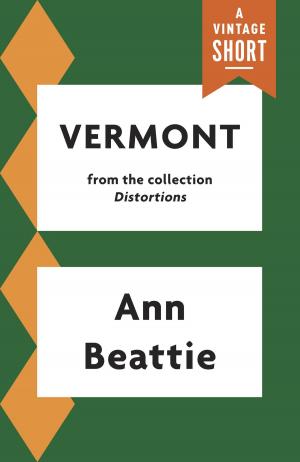The Book of Nothing
Vacuums, Voids, and the Latest Ideas about the Origins of the Universe
Nonfiction, Science & Nature, Mathematics, Number Theory, Science, Physics, Cosmology, General Physics| Author: | John D. Barrow | ISBN: | 9780307554819 |
| Publisher: | Knopf Doubleday Publishing Group | Publication: | May 20, 2009 |
| Imprint: | Vintage | Language: | English |
| Author: | John D. Barrow |
| ISBN: | 9780307554819 |
| Publisher: | Knopf Doubleday Publishing Group |
| Publication: | May 20, 2009 |
| Imprint: | Vintage |
| Language: | English |
What conceptual blind spot kept the ancient Greeks (unlike the Indians and Maya) from developing a concept of zero? Why did St. Augustine equate nothingness with the Devil? What tortuous means did 17th-century scientists employ in their attempts to create a vacuum? And why do contemporary quantum physicists believe that the void is actually seething with subatomic activity? You’ll find the answers in this dizzyingly erudite and elegantly explained book by the English cosmologist John D. Barrow.
Ranging through mathematics, theology, philosophy, literature, particle physics, and cosmology, The Book of Nothing explores the enduring hold that vacuity has exercised on the human imagination. Combining high-wire speculation with a wealth of reference that takes in Freddy Mercury and Shakespeare alongside Isaac Newton, Albert Einstein, and Stephen Hawking, the result is a fascinating excursion to the vanishing point of our knowledge.
What conceptual blind spot kept the ancient Greeks (unlike the Indians and Maya) from developing a concept of zero? Why did St. Augustine equate nothingness with the Devil? What tortuous means did 17th-century scientists employ in their attempts to create a vacuum? And why do contemporary quantum physicists believe that the void is actually seething with subatomic activity? You’ll find the answers in this dizzyingly erudite and elegantly explained book by the English cosmologist John D. Barrow.
Ranging through mathematics, theology, philosophy, literature, particle physics, and cosmology, The Book of Nothing explores the enduring hold that vacuity has exercised on the human imagination. Combining high-wire speculation with a wealth of reference that takes in Freddy Mercury and Shakespeare alongside Isaac Newton, Albert Einstein, and Stephen Hawking, the result is a fascinating excursion to the vanishing point of our knowledge.
